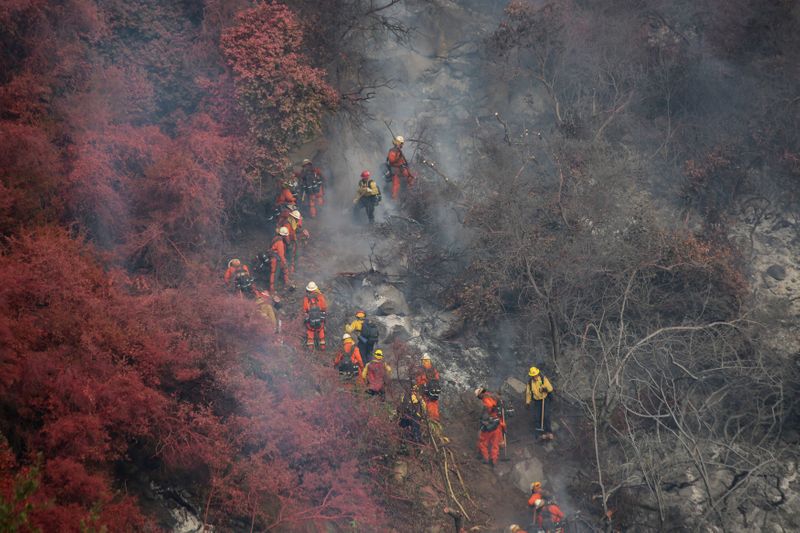(This June 11 story corrects 7th paragraph to say lawmakers, not regulators, would impose carbon incentives)
SAN FRANCISCO (Reuters) – A report commissioned by a U.S. regulator on climate-related risks to financial markets, the first of its kind, will be ready next month and will include specific policy recommendations for federal oversight, the head of the panel preparing it said on Thursday.
“This whole report is about everyone recognizing the urgency of addressing this very significant risk-management issue,” said Bob Litterman, who chairs a 35-member panel formed last year by the Commodity Futures Trading Commission to examine the threat that climate change poses to the stability of financial markets.
He had expected the panel to wrap up its work in June, but the coronavirus pandemic delayed the publication date.
With much of the public’s and government’s attention on the coronavirus in recent months and now on the scourge of racism after the May 25 killing of George Floyd in police custody in Minneapolis, “it’s a very crowded space, no doubt about that,” Litterman said.
But he is not worried the report will fall on deaf ears, in no small part because its authors include such a broad range of industries, including Litterman’s former employer, Goldman Sachs Group Inc <GS.N>, as well as oil producer BP Plc <BP.L>, the Environmental Defense Fund and the Dairy Farmers of America.
Litterman declined to give a preview of the findings.
“We all agree that we need appropriate incentives, and incentives are key to the allocation of capital,” he said. Once lawmakers impose incentives that discourage emissions of carbon dioxide that contribute to planetary warming – via, possibly, a carbon tax – the reaction in financial markets could be sudden, and sharp, he said.
“I think investors have been expecting the response to climate change to be a relatively long, drawn-out affair as it has been so far,” Litterman said. “I would say, ‘No.'”
(Reporting by Ann Saphir in San Francisco; Editing by Dan Grebler)
























